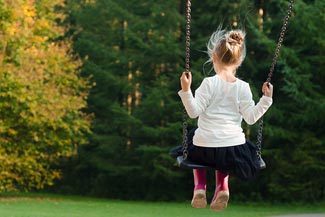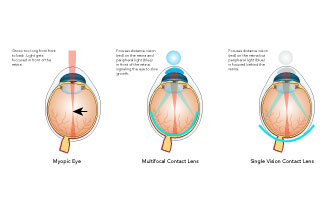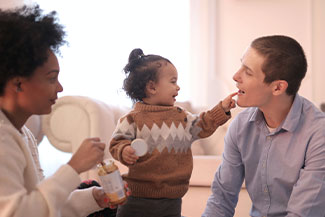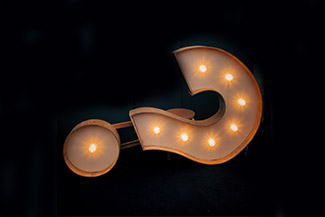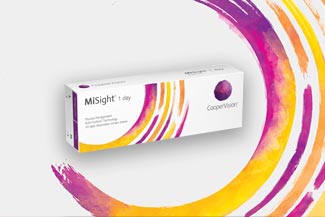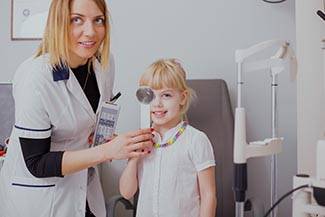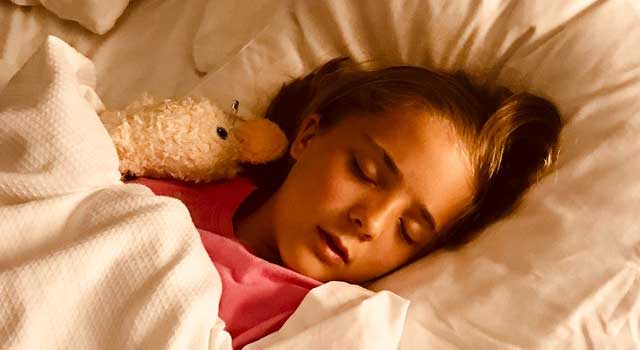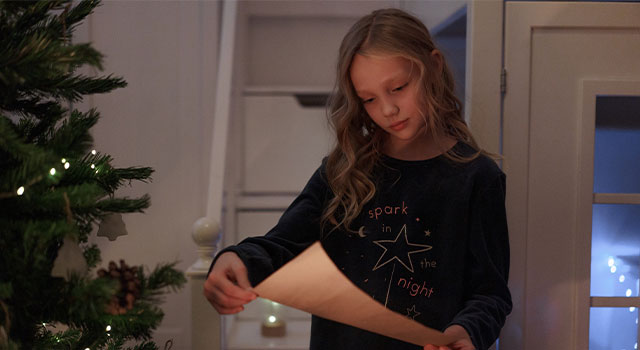Myopia Management
Is your child short-sighted?
Is your child's myopia worsening?
Offer your child a bright future with myopia management.
Nearsightedness: Not Just An Inconvenience

Although eyeglassesand standard contact lenses can correct a person’s vision, they do not treat the underlying cause of myopia or slow its progression.
Myopia significantly increases the risk of developing sight-threatening eye diseases later in life, such as cataracts, glaucoma, retinal detachment and macular degeneration. The higher your child’s myopia, the greater the risk.
If you’re concerned about your child’s long-term eye health and vision, contact The Myopia Management Center At Family Eyecare Center of Optometry in Los Angeles today.
What is Myopia Management?
Myopia management is an area of eye care that uses custom treatments to prevent or slow your child's myopia progression. Depending upon your child's specific needs, our eye care team in Los Angeles can help your child maintain clearer vision for longer.
We slow the progression of nearsightedness by using the following treatment methods:
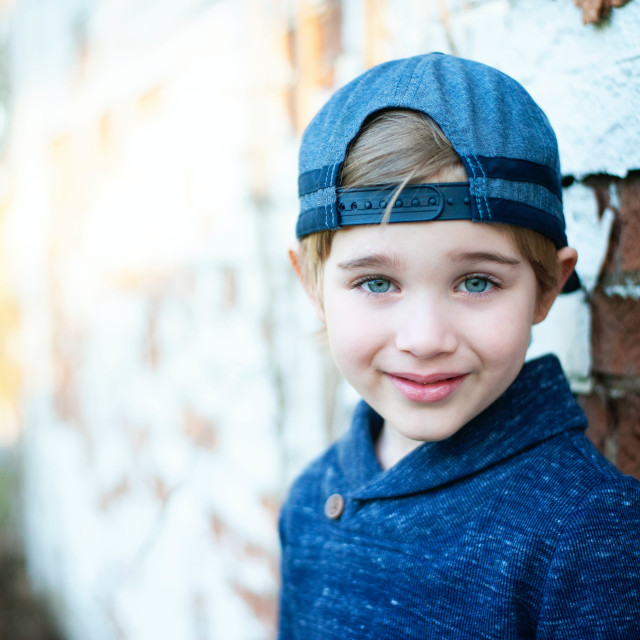
Myopia Management Reviews

Myopia Management FAQ
Questions:
- What is myopia?
- Is myopia or nearsightedness increasing?
- What is myopia management?
- Can myopia treatments reduce the progression of myopia?
Answers:
- Myopia is a refractive error commonly known as nearsightedness where a person cannot see clearly at a distance. Nearsighted people often see better at near than at far.
- Myopia or nearsightedness is increasing worldwide with more than one million new cases every week. The current two and one half billion cases of myopia is expected to double to five billion by the year 2050.
- Myopia management treatment uses specific types of glasses, contact lenses and eye drops to slow down the progression of myopia.
- In many cases, myopia management has been scientifically shown to reduce the progression of myopia or nearsightedness.
Symptoms of Myopia
- Your child struggles to see things clearly at a distance
- Difficulties seeing the board in class
- Your child squints to see far away objects
- They complain of headaches and eyestrain
- Difficulties with sports that involve small balls, such as baseball or tennis


Myopia and Eye Diseases
As your child’s myopia progresses and worsens, they heighten their risk of developing vision-threatening eye diseases later in life.
In fact, their odds of developing vision loss due to glaucoma, macular degeneration or retinal disease increase by as much as 10x!
Myopia Treatment
The good news? Myopia management and regular eye exams with our optometry team can help your child regain clear vision, and slow down or even stop their vision from worsening.

How Do I Know If My Child Needs Myopia Management?
If you are concerned about your child’s myopia, call our practice today. Our eye doctor will help you understand more about your child's nearsightedness and will determine whether your child is a candidate for myopia management.
Take our myopia assessment online to find out whether your child could benefit from this life-changing treatment.

Family Flattening the Curve: Ortho-K Could Battle the Myopia Epidemic
Our Myopia Management Team

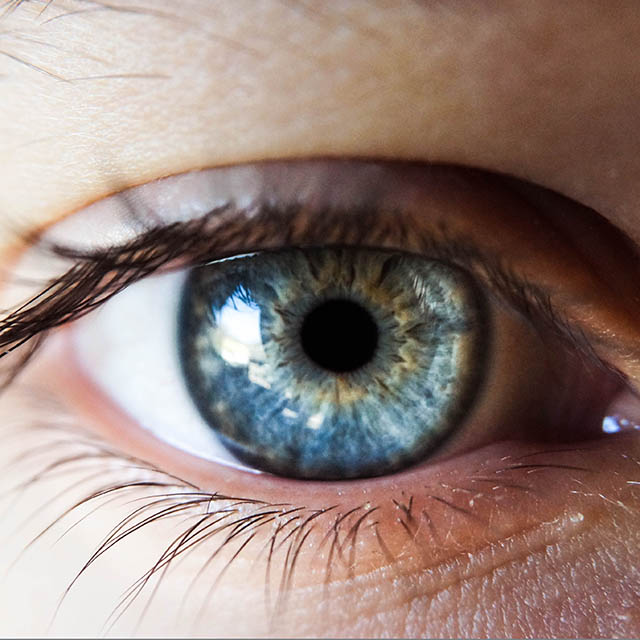
Myopia increases the risk of serious eye diseases
Myopia can significantly increase your risk of developing potentially sight-threatening eye conditions in the future. But how much does your risk grow, exactly?
Research shows that the worse your myopia is, the higher your risk. For example, your risk of developing myopic maculopathy, an especially severe form of macular degeneration, is 2.2x higher if your prescription is -2.00, and jumps to 9.7x at -4.00, 40.6x higher at -6.00, and is a whopping 126.8x higher at a prescription of -8.00.
This is why it’s so essential to stop myopia progression in its tracks with myopia management.
What Factors Increase Risk of Myopia?
According to our eye care team, the following factors may increase the risk of nearsightedness:

Myopic parents (one or both) increases the child's risk of nearsightedness.
Developing myopia before age 12 significantly increases the risk of severe myopia.


Spending too much time on digital screens and reading books can strain the eyes, increasing risk of nearsightedness.
FAQ | Understanding Myopia Management
Protect your child’s long-term vision and eye health. Contact our Los Angeles optometry team regarding myopia management at Family Eyecare Center of Optometry today!

